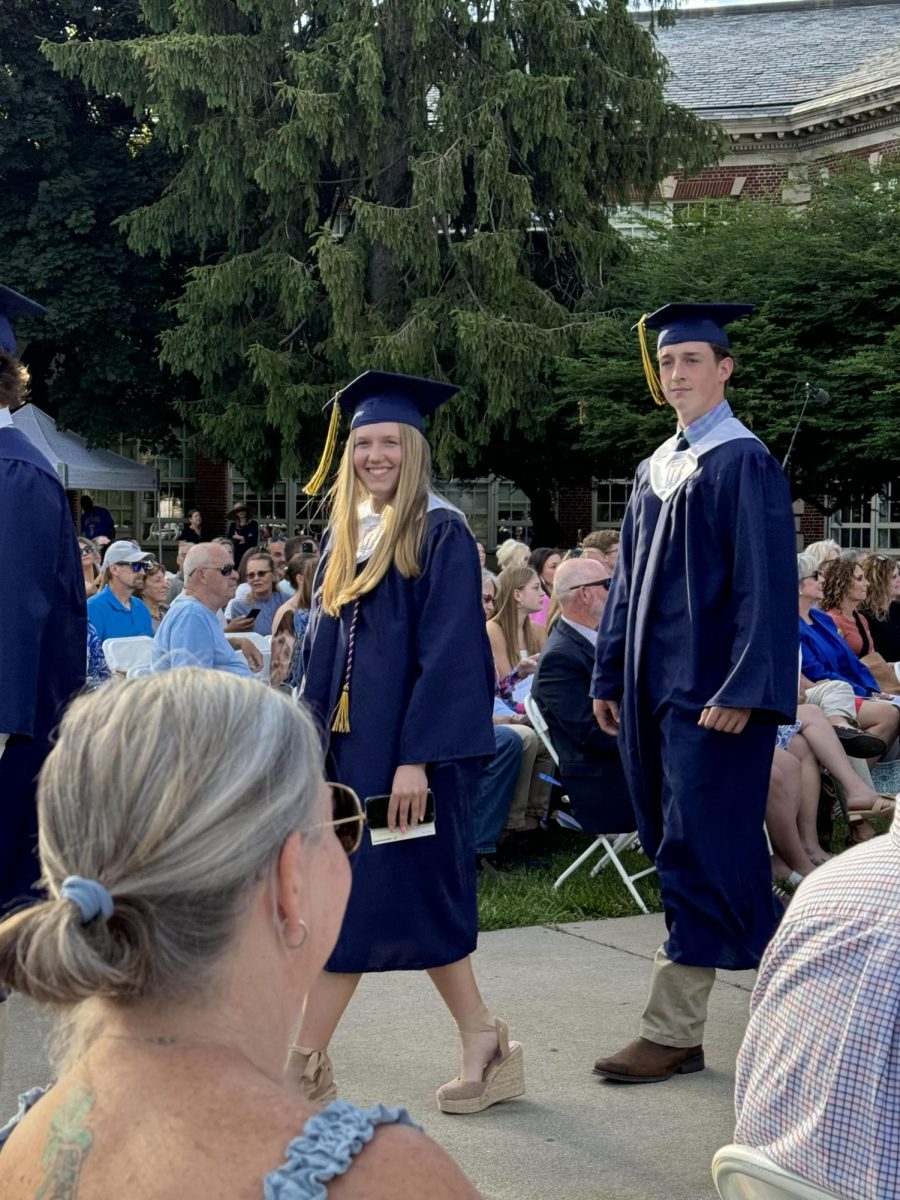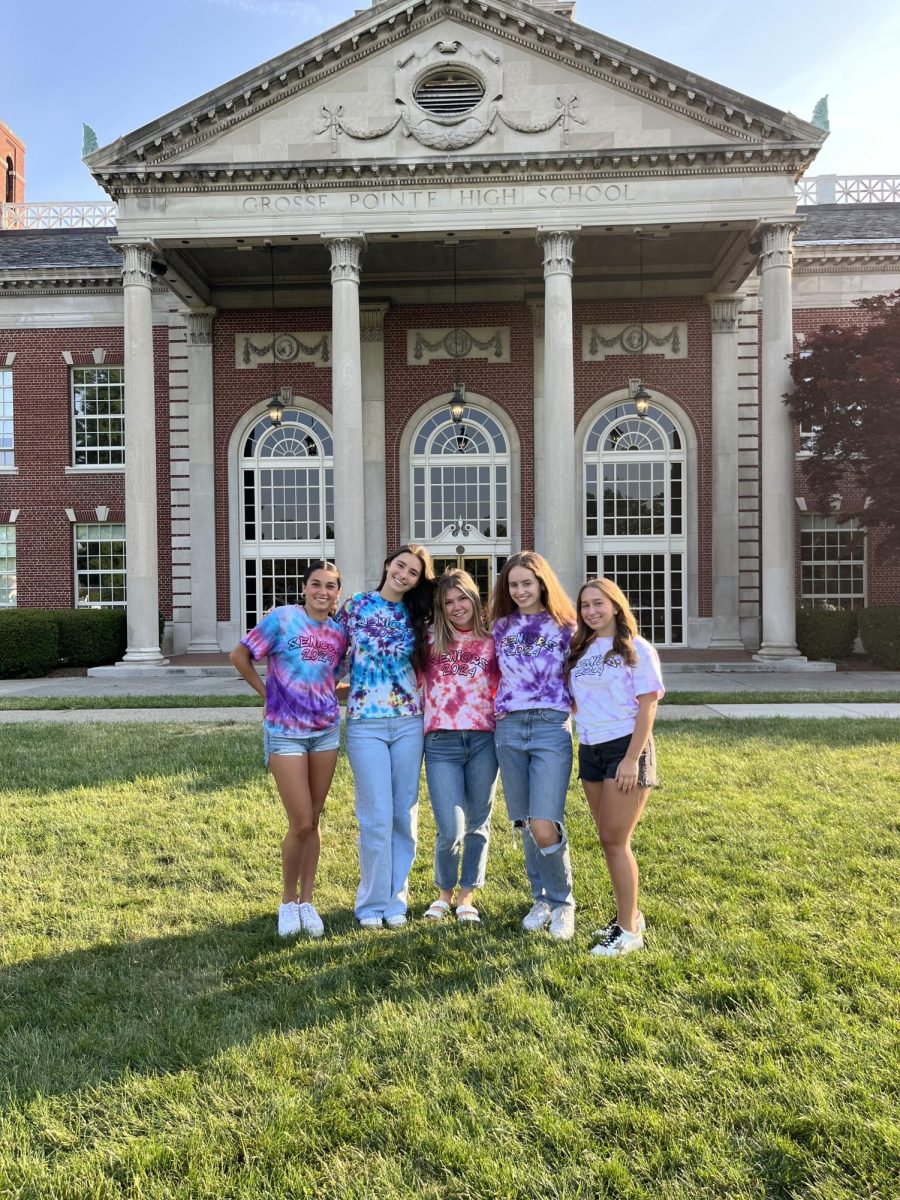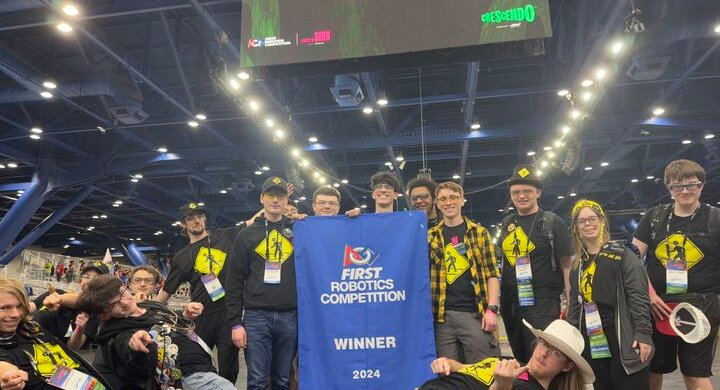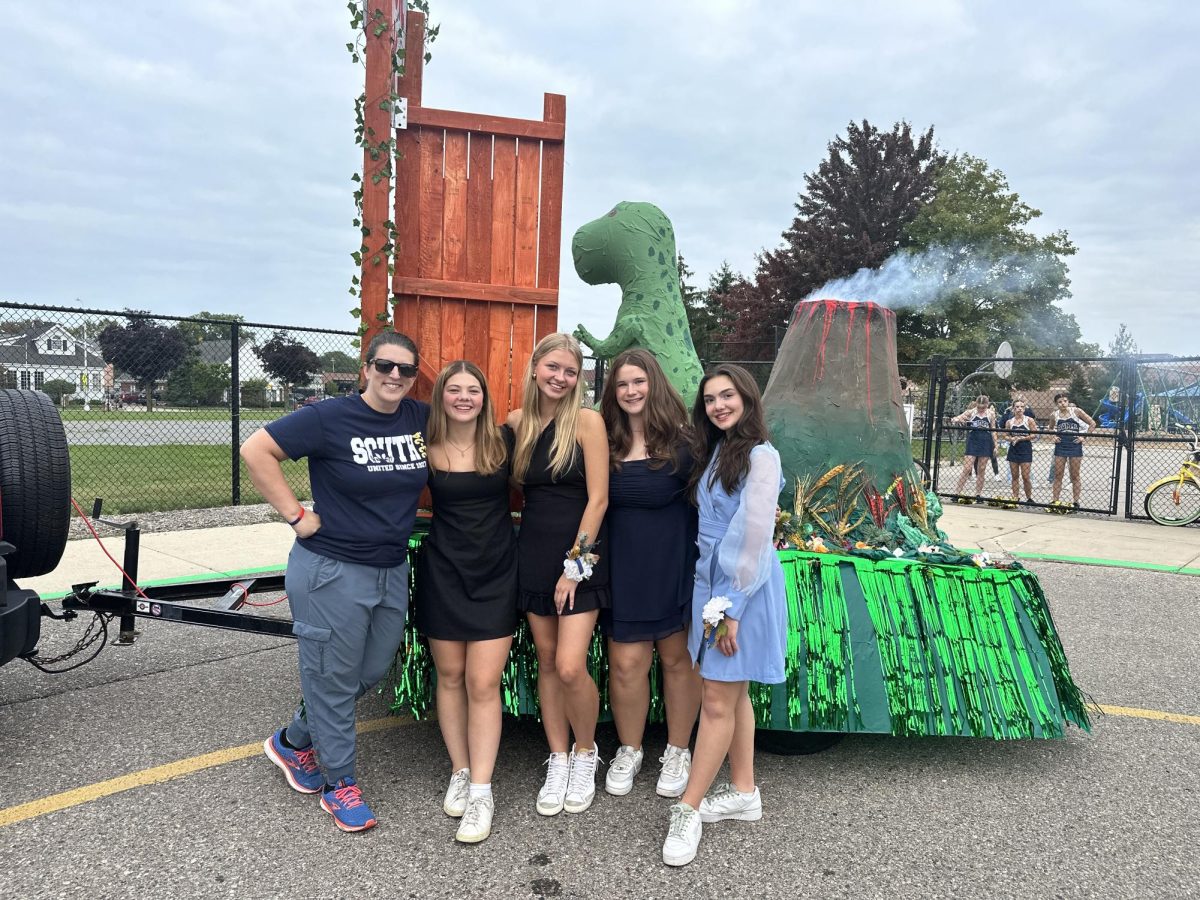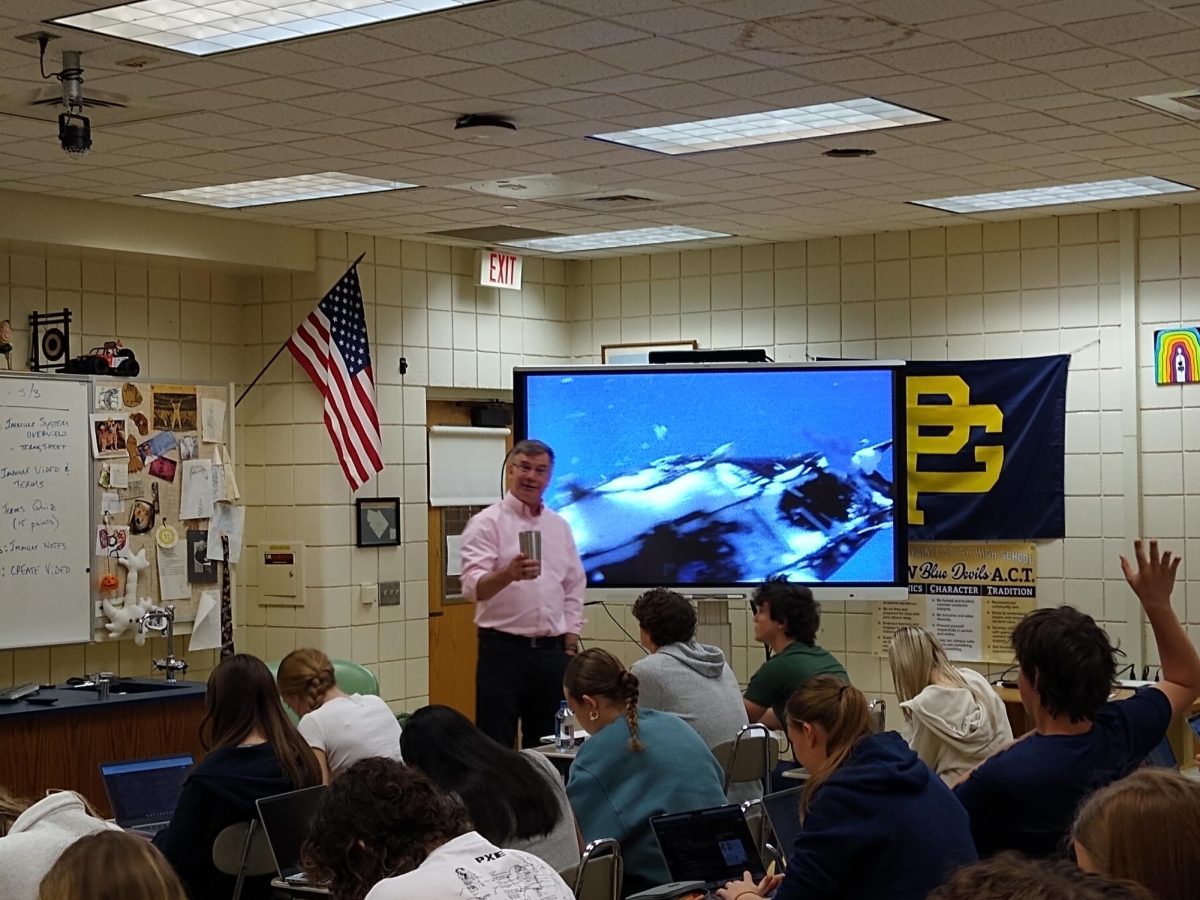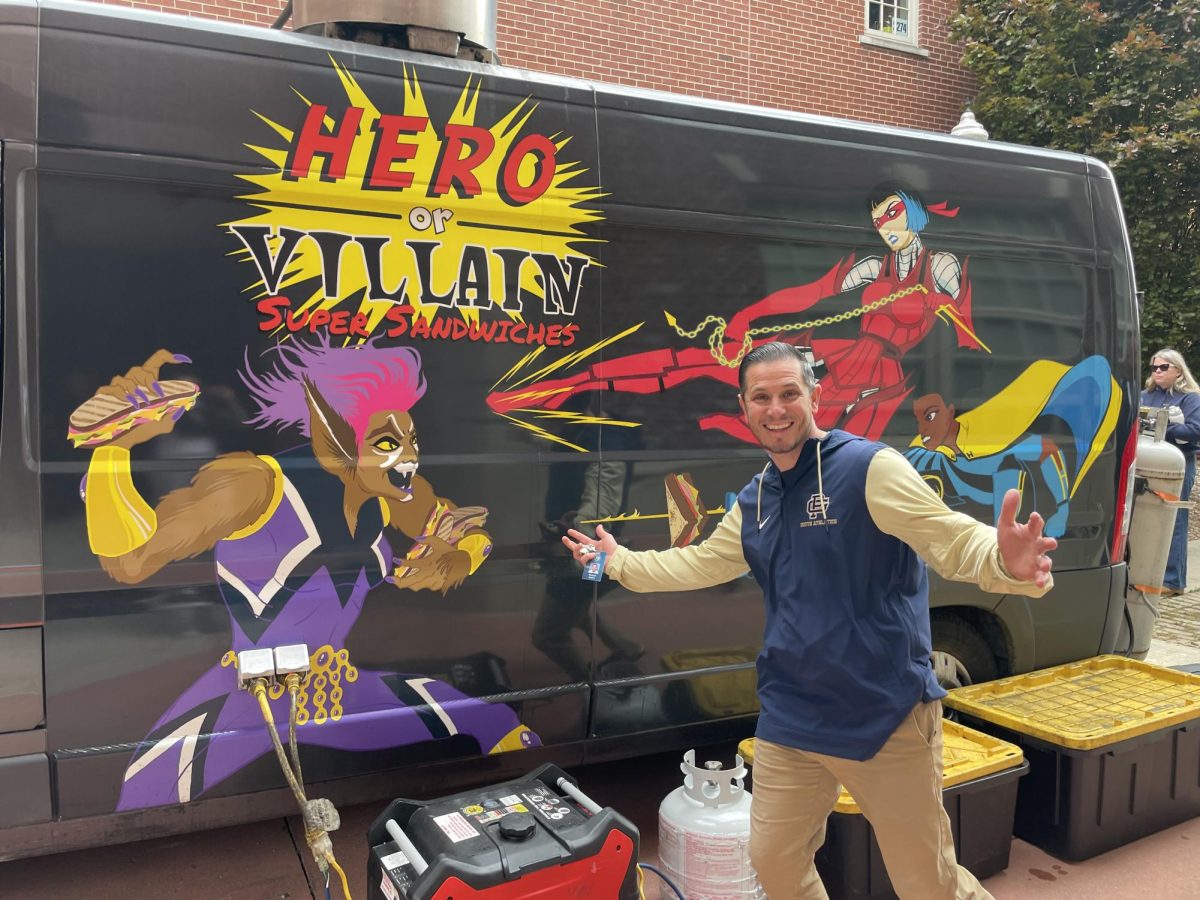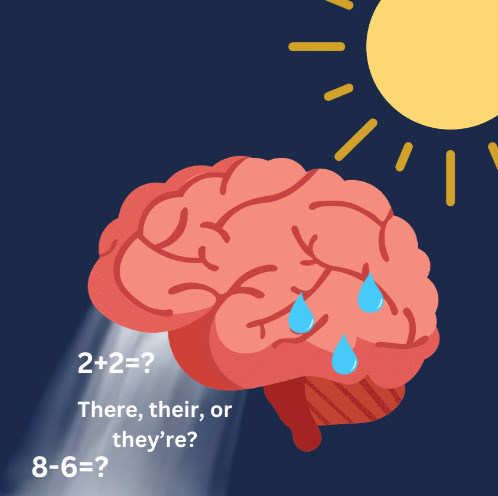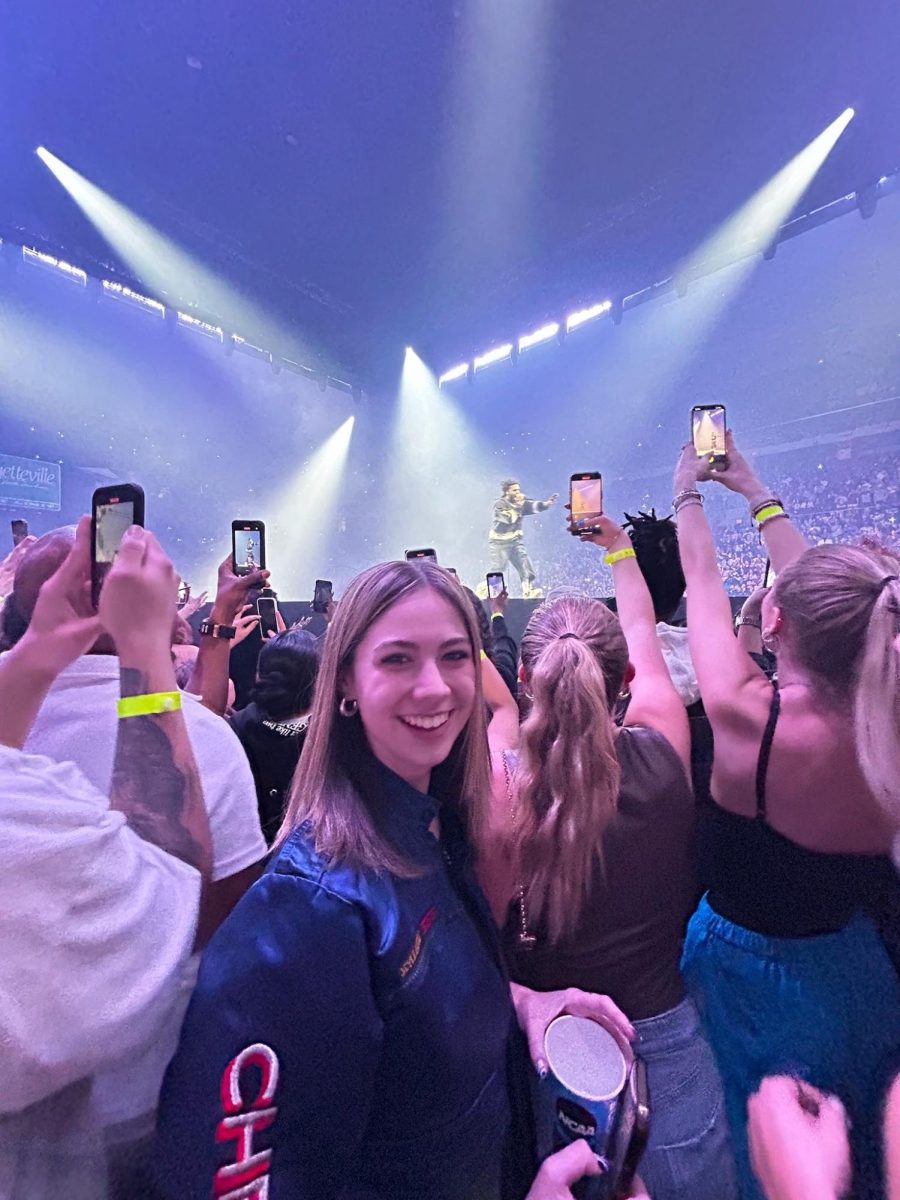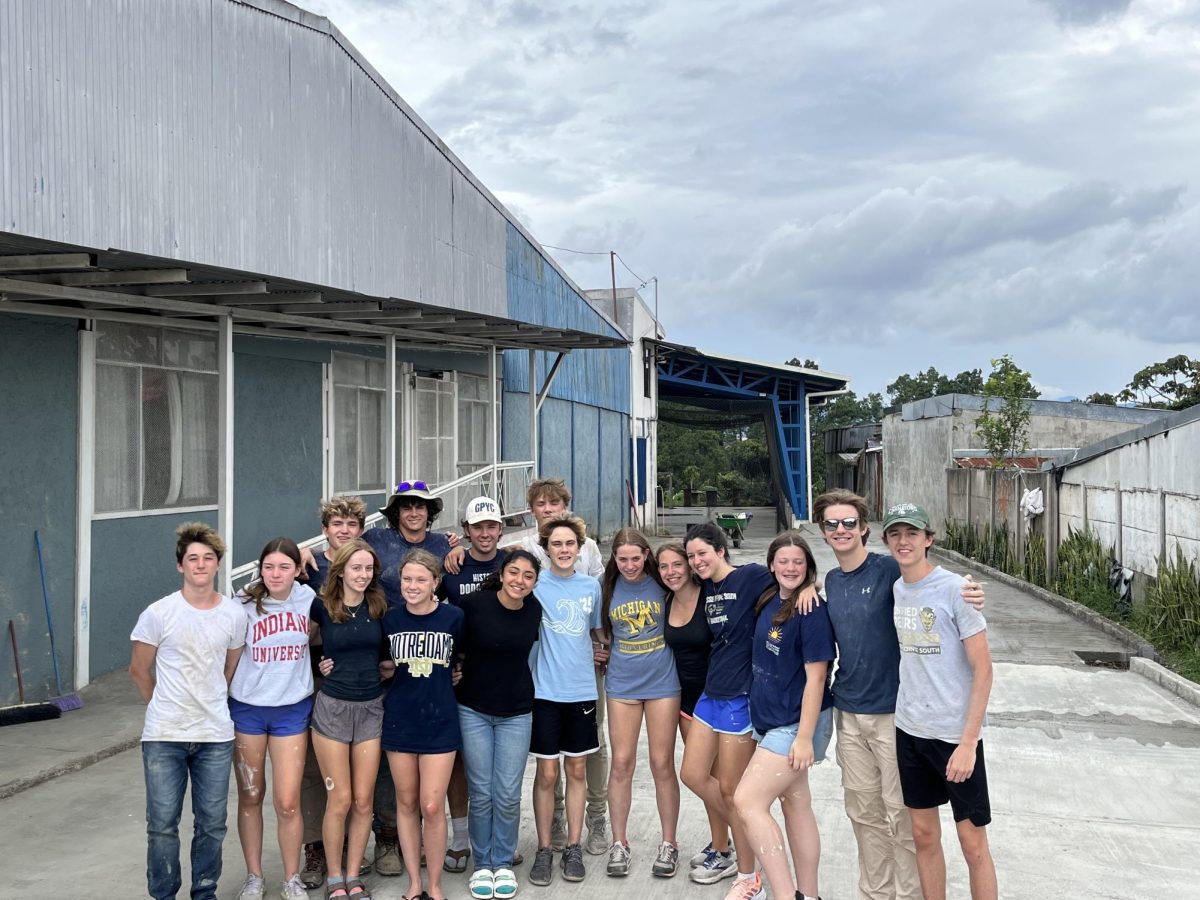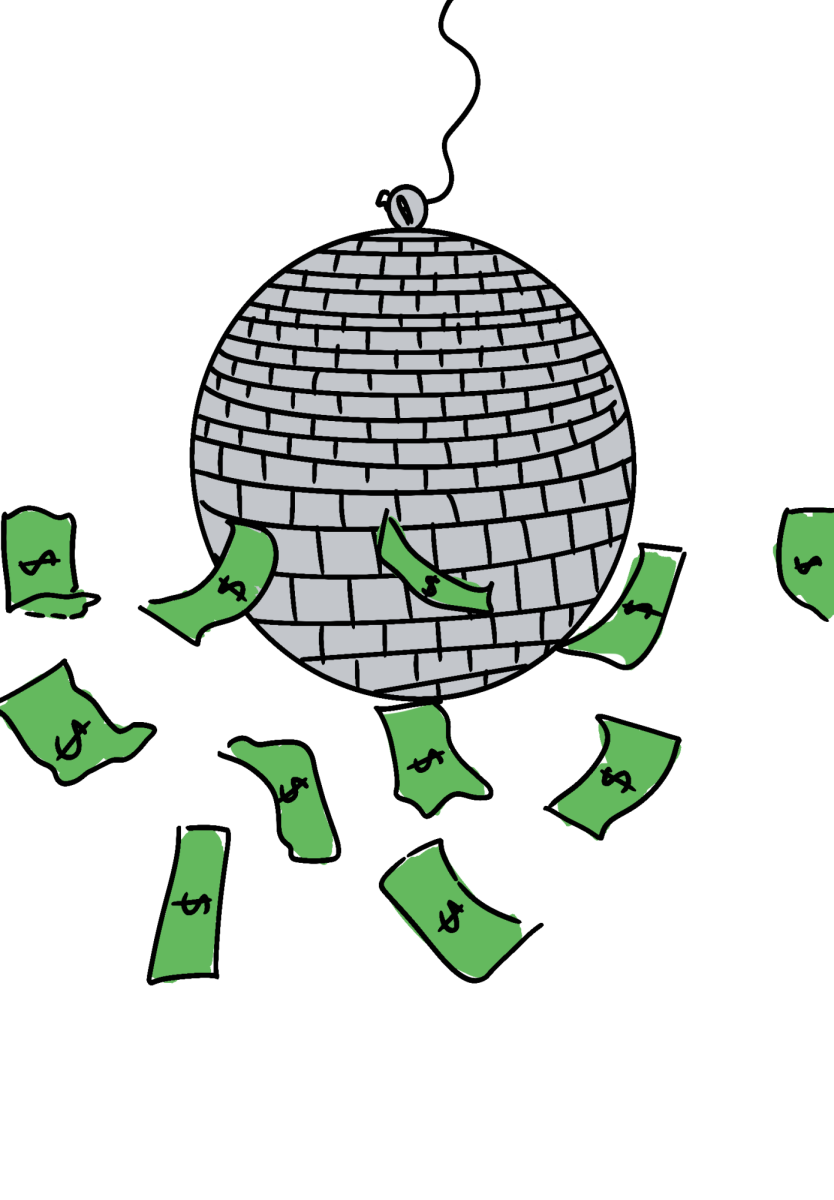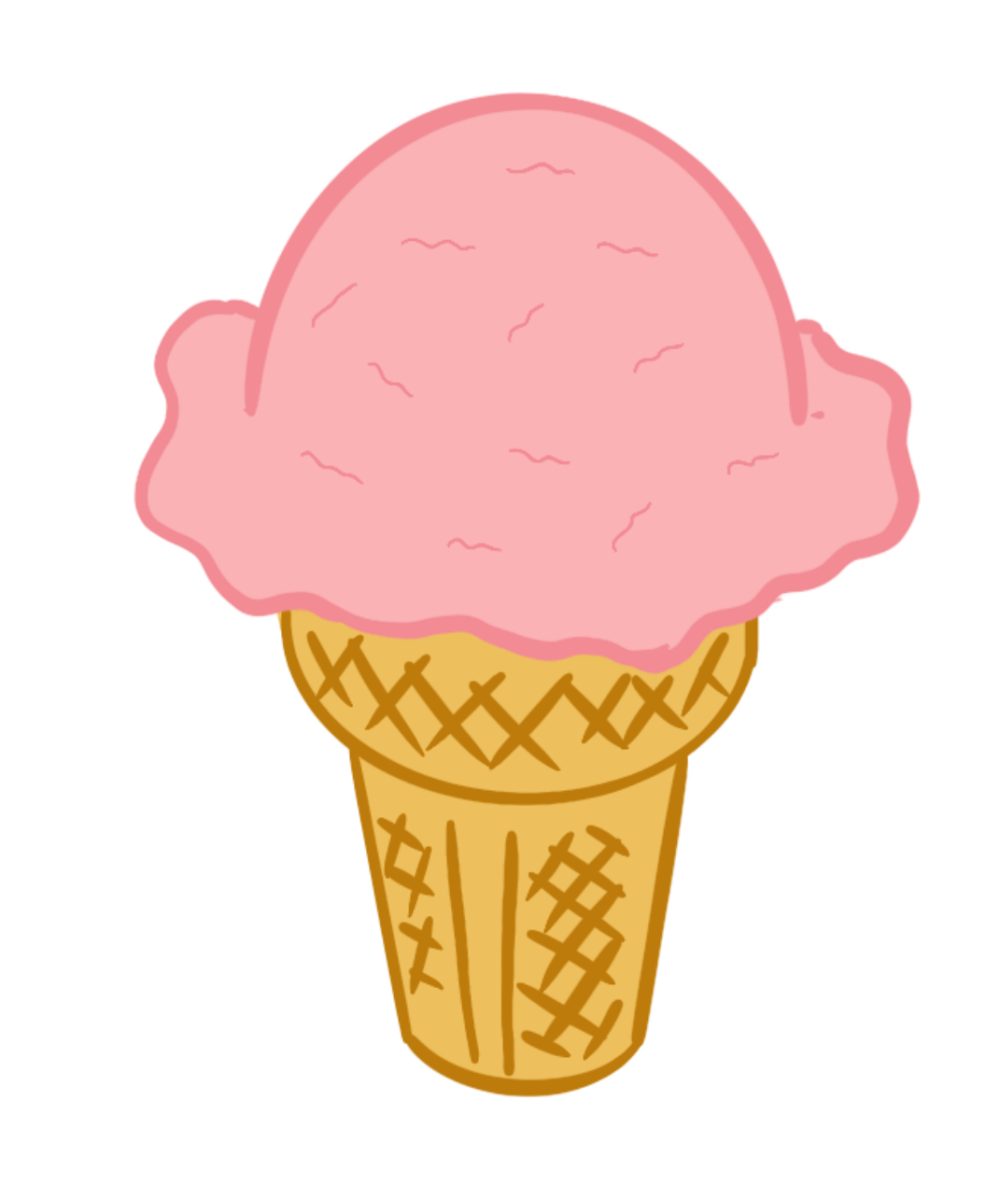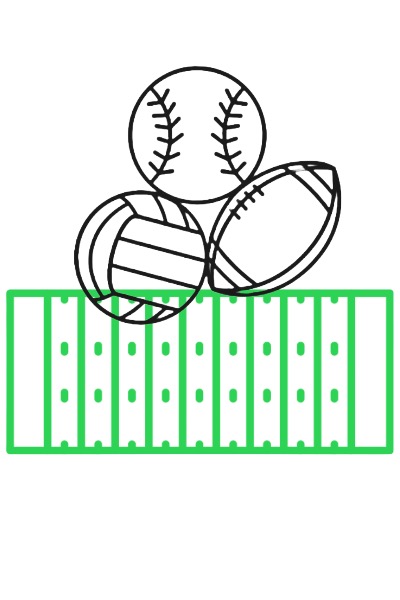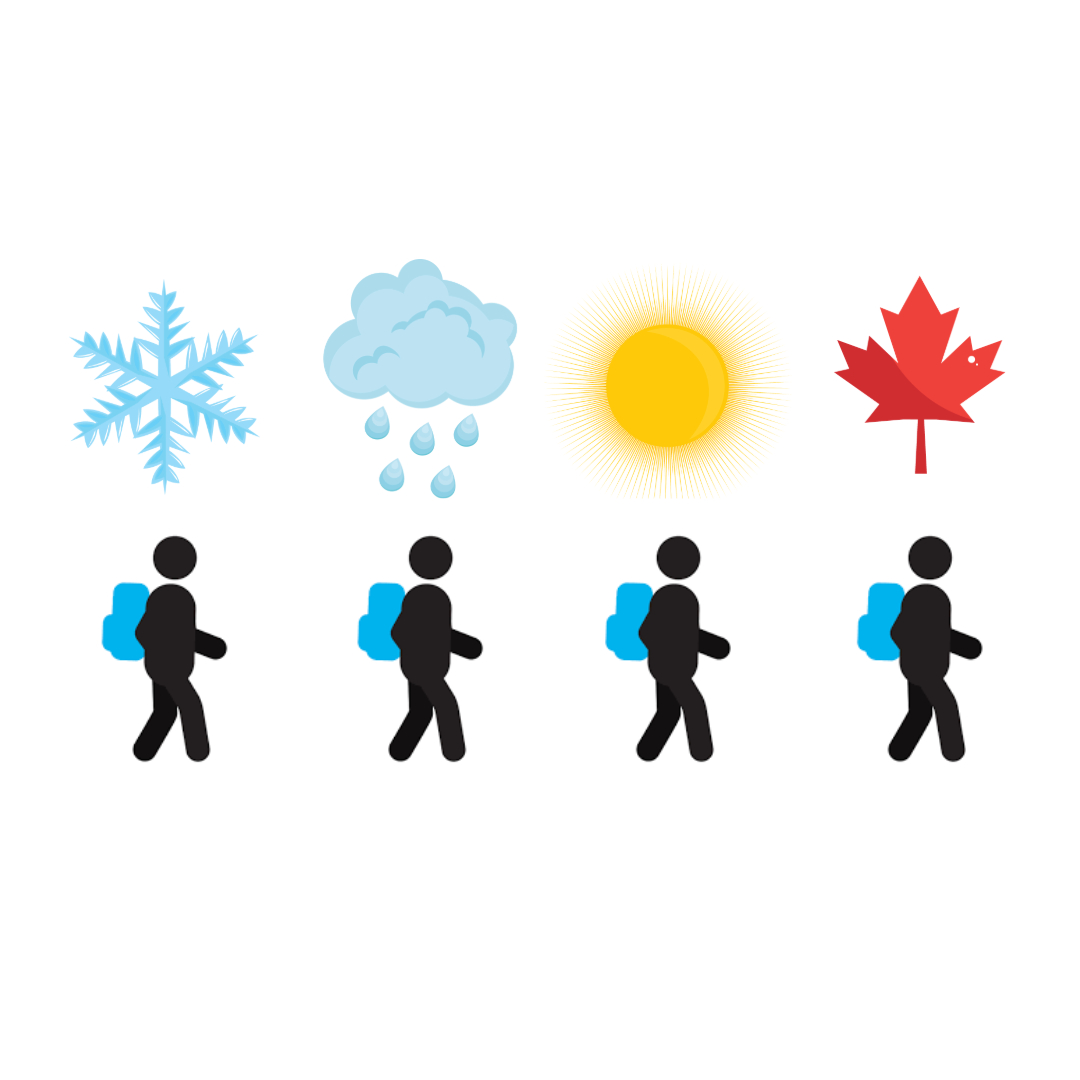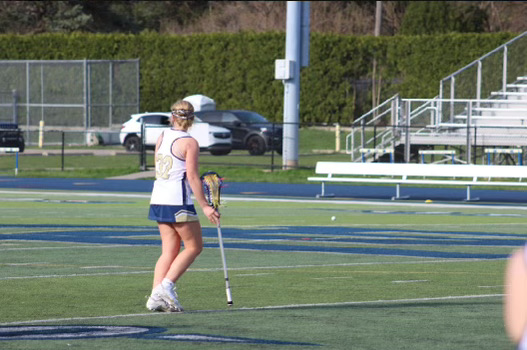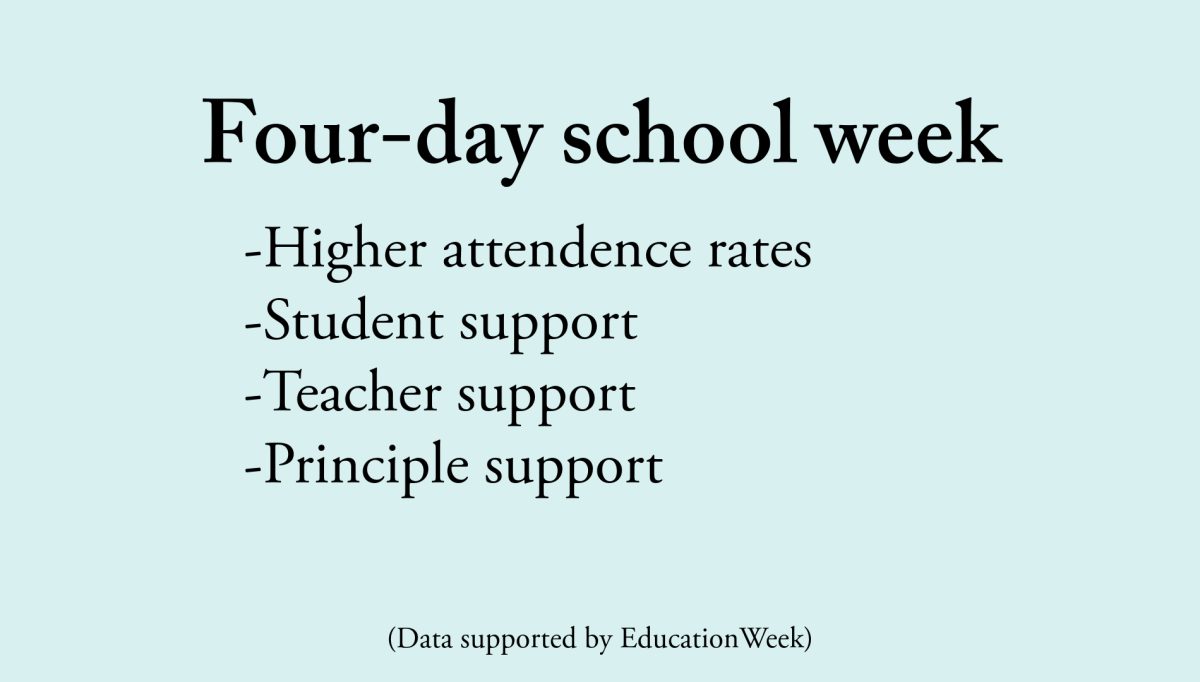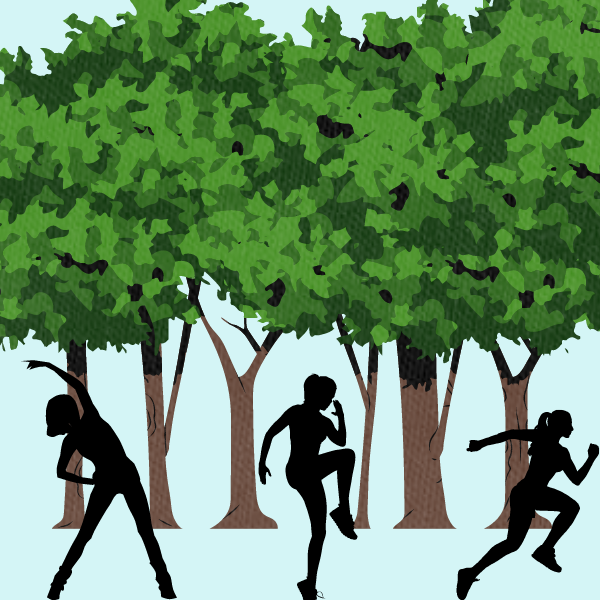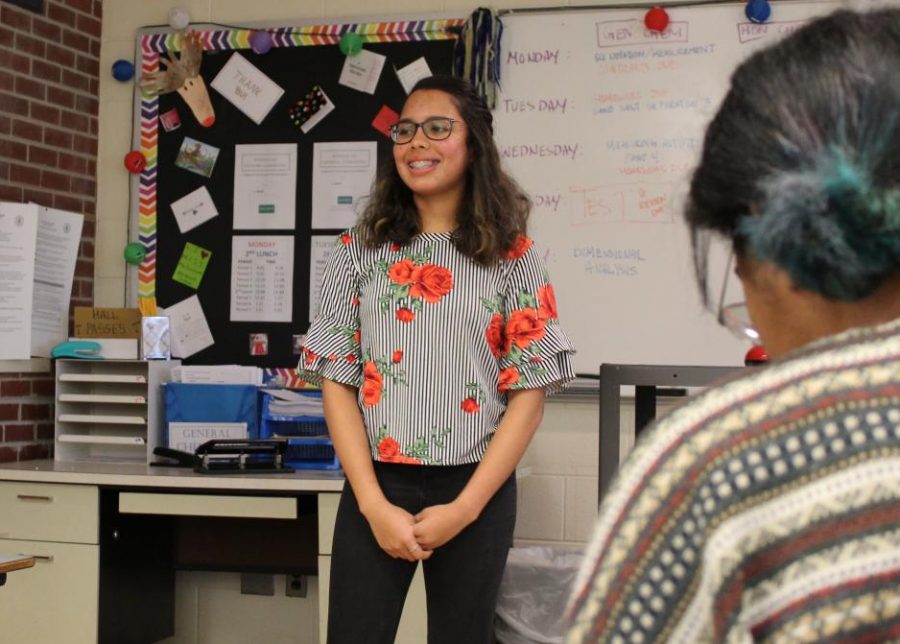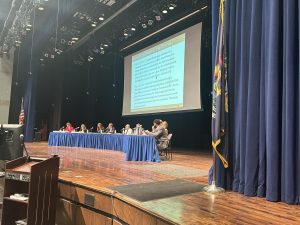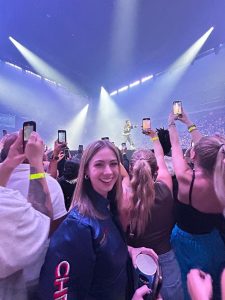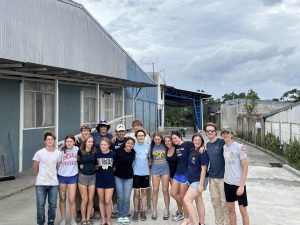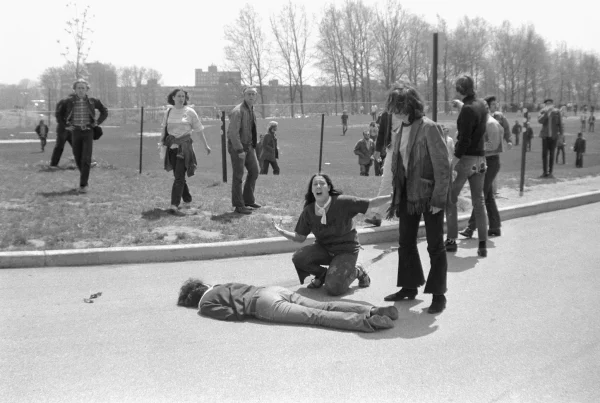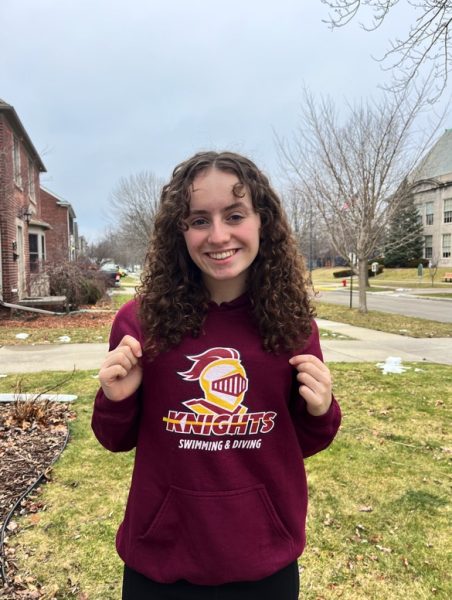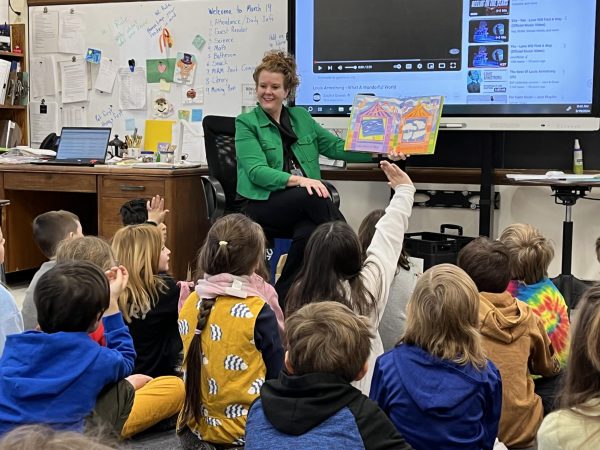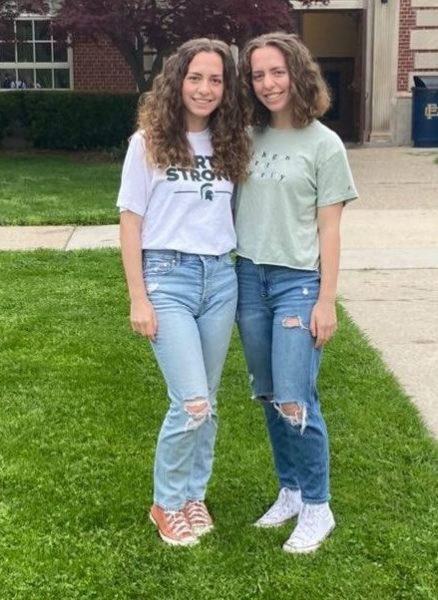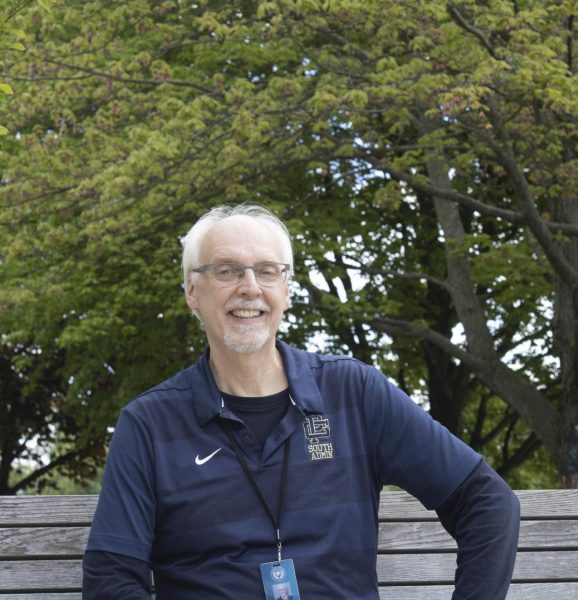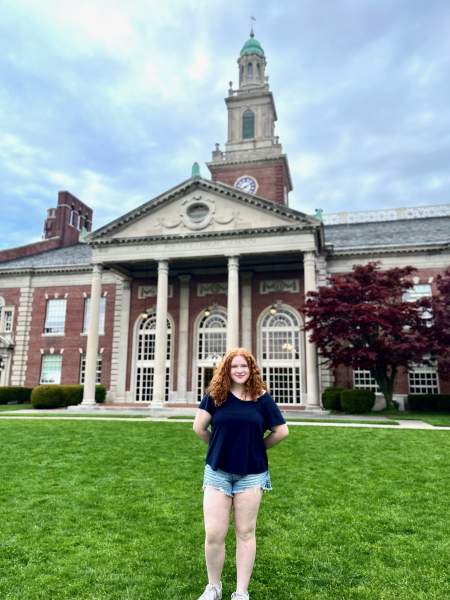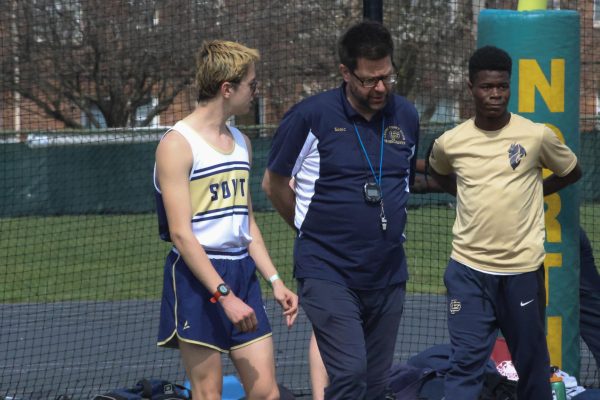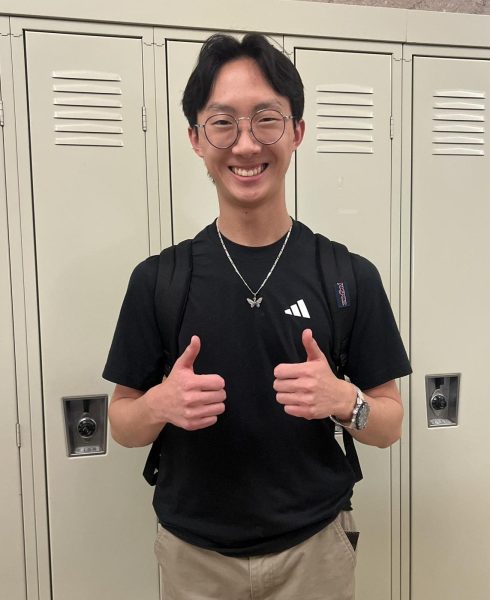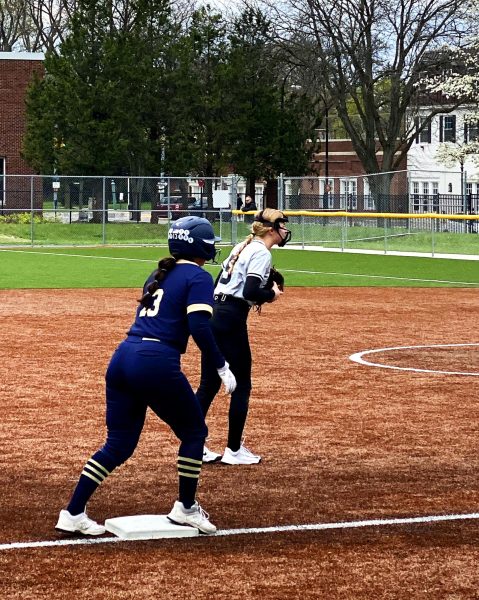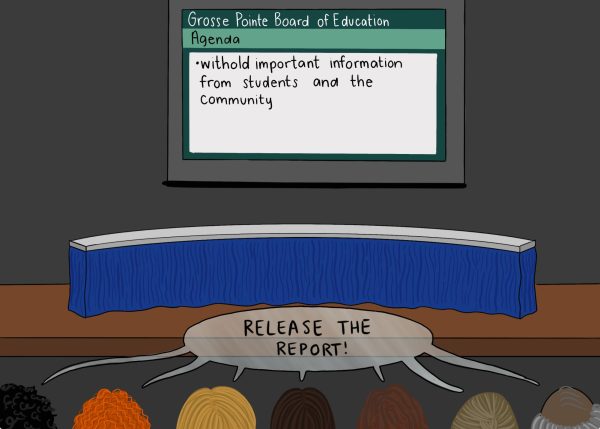Dear, white people
Chamiraju is the founder of a new Asian club at south, which aims to inform students about Asian cultures and promote diversity
October 3, 2018
I arrived in the United States of America with high hopes of a bright future and veins filled with excitement. Instead, I received dirty looks and unsettling comments.
In the eight years I’ve lived in this country, I have never really felt at home. To have lived in India and to then move to a foreign land, with little value for immigrants which this country was built on, was not what I expected. A country that assumes all Indians are Information Technology (I.T.) workers who are there to fix your faulty computer isn’t what I expected.
I faced many racially charged comments when I was younger, and most of them were rooted from ignorance versus discrimination. It still hurt to be ridiculed, to be teased, to be mocked. I found it very surprising, and still do to this day, that most people I have met don’t even know where the subcontinent of India is. I have been asked if India is in Africa and in some instances even in Western Europe. India is second in the world for its population, 14 in language diversity and sixth in the Space Competitiveness Index, according to US News. Yet, most people think it’s the go-to place for curry, engineers and cheesy Indian accents. We don’t all look and speak like Apu from the Simpsons.
Over time, I have grown to laugh at these remarks and jokes as I know they are not coming from hateful people (for the most part) but from ignorant people; people who can’t see the world beyond their comfort zone. Of course no matter how hard I try, some things get on my nerves, like when people ask me if I speak fluent Indian, if I am of Native American decent, or if I know every other Indian on this planet.
Do I ask others if American is a language? No. Then why do people tend to ask me if Indian is a language? India was around for a long time before America was created. India has had a great deal of time to create hundreds of languages and dialects; I speak multiple of the 1,652 languages heard in India, according to the 1961 census. Yet the hundreds of Americans I have spoken to have asked me if I spoke Indian.
During AP US History, I learned that the majority of this country calls Native Americans Indians. I have nothing against Native Americans, but when I refer to an Indian, people automatically assume I mean a Native American. I understand that it all began with Columbus 500 years ago, with him mistakenly “discovering” an entire continent and taking more credit than he ever deserved, but I personally believe that we need to change sometime. Even scholarly texts use the word Indian to describe Native Americans. There are hundreds of different cultures and heritages that are classified as Indian (in the Indian Subcontinent), but none of which are even thought about in this country when the word Indian comes up.
Not all these ideas come from prejudice but instead from ignorance; ignorance to see the world around us; ignorance to help people who look different; ignorance towards new and different ideas. I am not a stereotype; I will not be defined as one. I have worked to break the barriers; I am not only an Indian, I am not only a girl; I am many things; I am me. It is wrong to stop people from being themselves, holding the color of their skin, ethnicity, accent, physical attributes against them. It is wrong to stereotype white people, brown people, black people, disabled people and anyone in between.
We are all people; people who need to love, support and learn from each other. We need to become untied, breaking barriers, breaking stereotypes and taking that first step into the future to ensure that the immigrants and the generations that come after us will live in a more peaceful and accepting world than we were born into.

